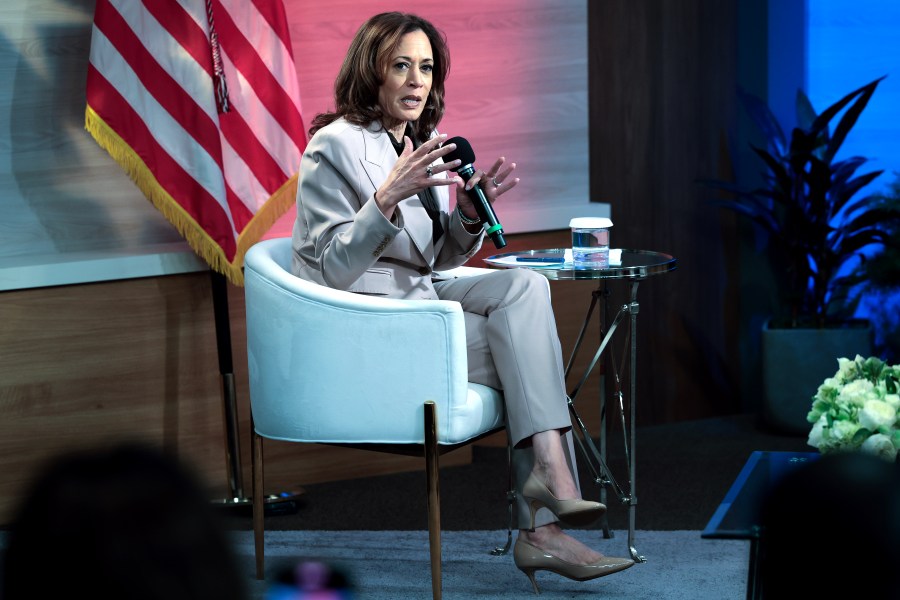(NewsNation) — With less than a month until Election Day, Vice President Kamala Harris is making stops this week in three states that experts say are critical to winning the White House.
Harris, the Democratic presidential nominee, is visiting Michigan on Tuesday for an event with Charlamagne tha God and another one with Black entrepreneurs in Detroit following a Monday trip to Pennsylvania. Next, she’s set to travel to Wisconsin.
How to register to vote
Republican nominee and former President Donald Trump also stopped in Pennsylvania this week for a rally in Pittsburgh.
All three states are part of the so-called “blue wall,” a set of states that have typically voted for Democrats in presidential elections since 1992.
Which states are part of the blue wall?
California, Connecticut, Delaware, the District of Columbia, Hawaii, Illinois, Maine, Maryland, Maryland, Michigan, Minnesota, New Jersey, New York, Oregon, Pennsylvania, Rhode Island, Vermont, Washington, and Wisconsin are included as part of the “blue wall.” Of these, California is the largest, as it has 54 electoral votes, followed by New York with 28.
Michigan, Wisconsin, and Pennsylvania, especially, are top priorities for candidates in the 2024 election. Trump, in 2016, flipped the states to Republican, but Biden was able to win them back in 2020.
‘False allegations’: Man arrested near Trump rally speaks out
Could Trump break the blue wall?
NewsNation partner The Hill writes that Harris and Trump are polling within close margins of each other in Wisconsin, Pennsylvania and Michigan.
Harris has a 0.7% lead over Trump in Pennsylvania, according to Decision Desk HQ/The Hill’s poll aggregate, while Trump has a 0.8% advantage in Michigan and 0.1% more than the vice president in Wisconsin.
“There’s no getting around the fact that those three states in the so-called blue wall are pivotal to both campaigns,” Al Mottur, a Democratic strategist and bundler at Brownstein Hyatt Farber Schreck, told The Hill.
The Associated Press contributed to this report.
